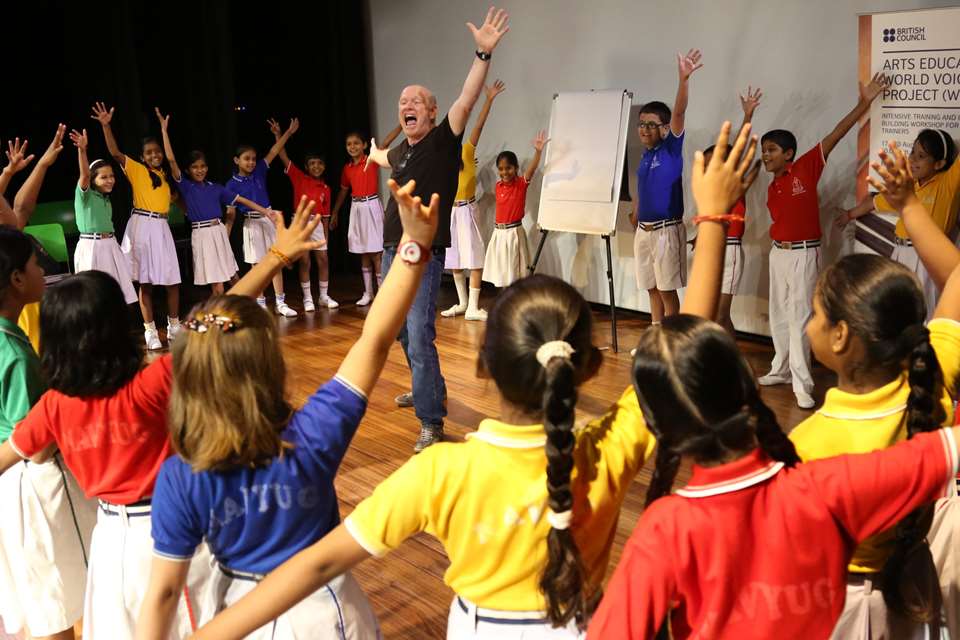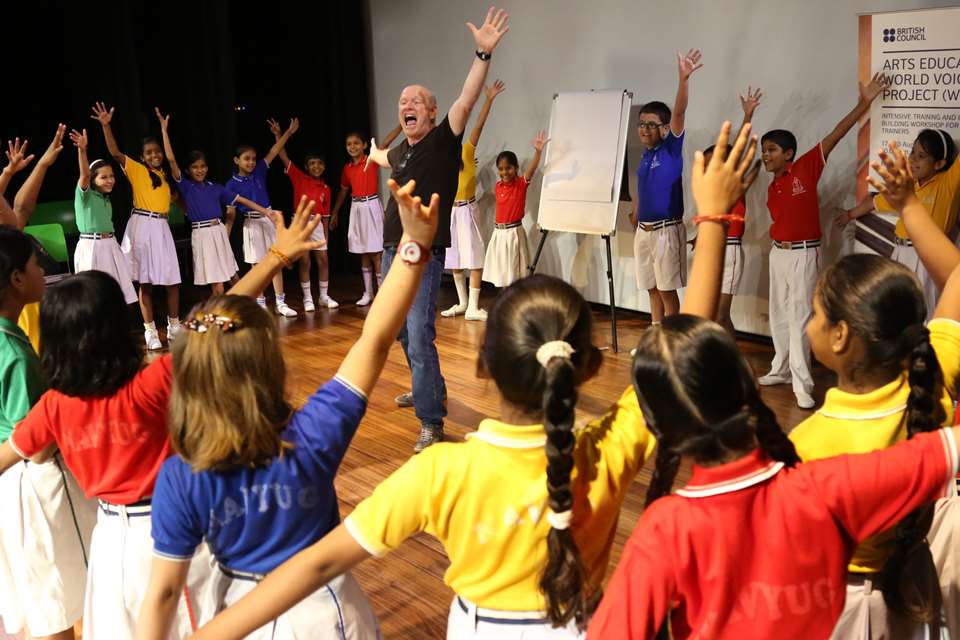Sing Up Foundation appoints research team
Florence Lockheart
Monday, December 5, 2022
The team aims to build on anecdotal evidence suggesting that prioritising singing can help the mental health and wellbeing of refugee children


Register now to continue reading
Don’t miss out on our dedicated coverage of the classical music world. Register today to enjoy the following benefits:
- Unlimited access to news pages
- Free weekly email newsletter
- Free access to two subscriber-only articles per month

